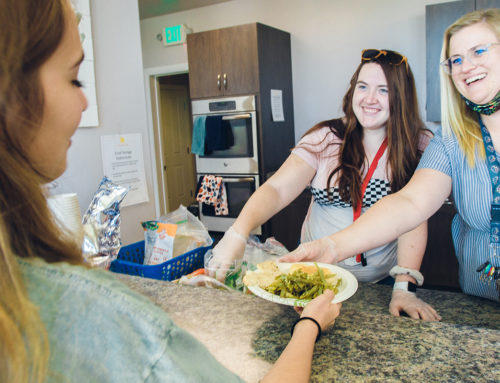The past twenty years has yielded enormous progress in the area of clinical psychiatric research. The result is that therapists (and self-help gurus) have dozens of sophisticated treatment modalities to choose from for treating virtually any emotional or behavioral issue.
The downside to this explosion of clinical research is that it’s easy to forget the power of simple, relationship-based approaches to healing and personal growth. These relational lifestyle choices have been foundational family and individual health for centuries across many cultures. The proliferation of treatment and self-help literature, though, has often favored innovation over traditional, common sense approaches to wellness.
This series of blogs is designed to serve as a reminder of some basic building blocks for emotional and behavioral health. These are not treatment modalities with fancy names or reams of clinical research. These are simple lifestyle choices that can help you and your family feel and function better.
Today’s Common Sense Topic: Breaking Bread Together
In today’s over-programmed culture, the idea of eating together as a family may seem quaint if not absurd. But the benefits of breaking bread regularly with others (especially family) are not only intuitively obvious, they’re also being confirmed by research. Healthier eating habits, social skills, family connection and communication, and even weight control are all positive outcomes that can be influenced by family meals.
Rather than suddenly corralling the family for seven nights of regimented dining, though, ease into it if it’s not already a habit. One or two nights a week is a great start. Make it fun by cooking something everyone will like (or even ordering in) and try to make dinner time fit everyone’s schedule to the extent you can. This approach is more likely to leave your family wanting more, rather than less, of this healthy family habit.
Breakfast, lunch, or dinner with your spouse and with individual children can also yield great results. Having food in your mouth slows conversation and takes to burden off of those awkward silences! It also gives you a default conversational topic (the food you’re eating! Having a low-threat, enjoyable way to connect is particularly helpful with a moody or withdrawn teenager in the house.
Remember that the idea of dining together isn’t to force conversation, but to allow for a comfortable mix of conversation and quiet fellowship.




